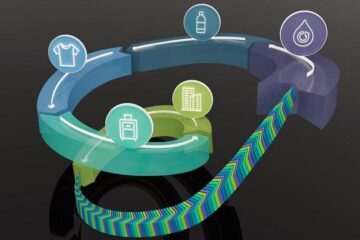Scientists of the University of Malaga to design biochips to select pine trees for industrial and enviromental ends

Scientists believe that the new technologies of genomics, proteomics and bioinformatics can be used to determine the function of the genes involved in the development of conifers stems and wood or fiber formation (Pinus pinaster Aiton). This way, you can get wood or fiber with the appropriate charactetistics for their commercial use by the industry.
Experts think that the characterisation of genes will allow to design mollecular markers and make biochips for the early selection of the best specimens, using minimum amounts of material. The final aim of this project is to identify the genotypes with a better product quality in natural populations or in those resulting from reforestation. Researchers intend to increase the genes of the pine trees that we know. In addition to this, they will identify the genes/proteins whose expression changes with regard to the development and differentiation of ligneous tissues.
This research will result in knowing more about Mollecular Biology of ligneous plants, very useful for the paper and wood industries. According to the head researcher, Francisco Canovas, this project also entails an improvement in the production and preservation of forests, the maintenance of biodiversity and the fight againts climate change.
These new bio-analytical tools based on functional genomics can be distributed to different final users in order to make a large-scale tree analysis for different applications. Experts say that the technology developed in this project will be applied in functional genomics studies in other species of conifers that can be interesting and useful in Spain.
Media Contact
More Information:
http://www.andaluciainvestiga.comAll latest news from the category: Agricultural and Forestry Science
Newest articles

Novel genetic plant regeneration approach
…without the application of phytohormones. Researchers develop a novel plant regeneration approach by modulating the expression of genes that control plant cell differentiation. For ages now, plants have been the…

Roadmap to close the carbon cycle
A holistic approach to reach net-zero carbon emissions across the economy. A major approach to achieving net-zero carbon emissions relies on converting various parts of the economy, such as personal…

Cost-effective, high-capacity, and cyclable lithium-ion battery cathodes
Charge-recharge cycling of lithium-superrich iron oxide, a cost-effective and high-capacity cathode for new-generation lithium-ion batteries, can be greatly improved by doping with readily available mineral elements. The energy capacity and…





















